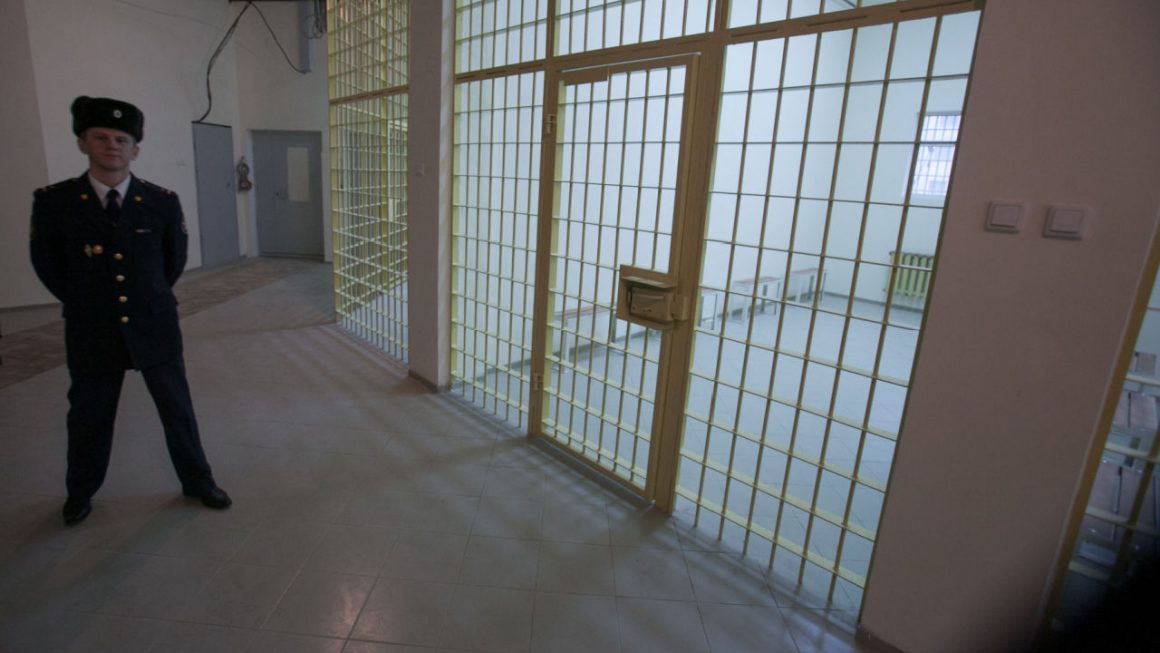A draft law designed to regulate crypto mining in Russia introduces severe penalties for miners who fail to report digital assets to the state. The latest revision also threatens to punish those who organize illegal transactions in cryptocurrencies with imprisonment and hefty fines.
According to the new bill, forced labor awaits miners and merchants who operate outside the law
Crypto miners in Russia will have to report their income and provide detailed information about their digital assets, including wallet addresses, to tax authorities in order to avoid prosecution by the state. This is according to a bill currently under revision in Moscow.
The bill to regulate the growing coin minting industry in Russia was initially submitted to the parliament in November. However, its adoption was subsequently postponed to this year, and lawmakers are now planning to resubmit it with amendments that envision serious consequences for miners who do not abide by the rules.
The Russian Ministry of Finance, which is working on these changes, now wants to introduce severe penalties for those who evade crypto declarations. This could include fines of millions of rubles or imprisonment, online news outlet Bazareported.
According to a draft amendment to the Penal Code prepared by the agency, if a miner fails to report his income twice in three years and the amount exceeds 15 million rubles (nearly $200,000), he will be imprisoned for up to two years, fined up to 300,000 rubles, and also be forced to work for up to two years.
If the amount of unreported assets exceeds 45 million rubles (nearly $600,000) in fiat currency equivalent, the punishment is even more severe, with up to four years in prison, a fine of up to 2 million rubles, and up to four years of forced labor, the report further detailed.
Updated laws take an even tougher stance on crypto trading
Crypto mining companies will have two options for selling their extracted cryptocurrencies: foreign exchanges or Russian trading platforms established under an “experimental legal regime” that has not yet been established. This is what the Bank of Russia has been advocating in support of the legalization of mining.
Exchange operators, banks, and other legal entities will be added to a special registry, and coin trading activities outside the listed legal framework will be considered a violation of the law, with penalties even more severe than those stipulated for miners. ‘Illegally organizing the circulation of digital currency is punishable by imprisonment for up to seven years, a fine of up to one million rubles, and forced labor for up to five years.’
The latest version of the Mining Bill also adds provisions on the prevention of money laundering. According to the text, owners of cryptocurrencies are obligated to “provide information about their operations (transactions) with digital currency upon request of an authorized body.”
Image Credits: Shutterstock, Pixabay, Wiki Commons, Akimov Igor / Shutterstock.com.

